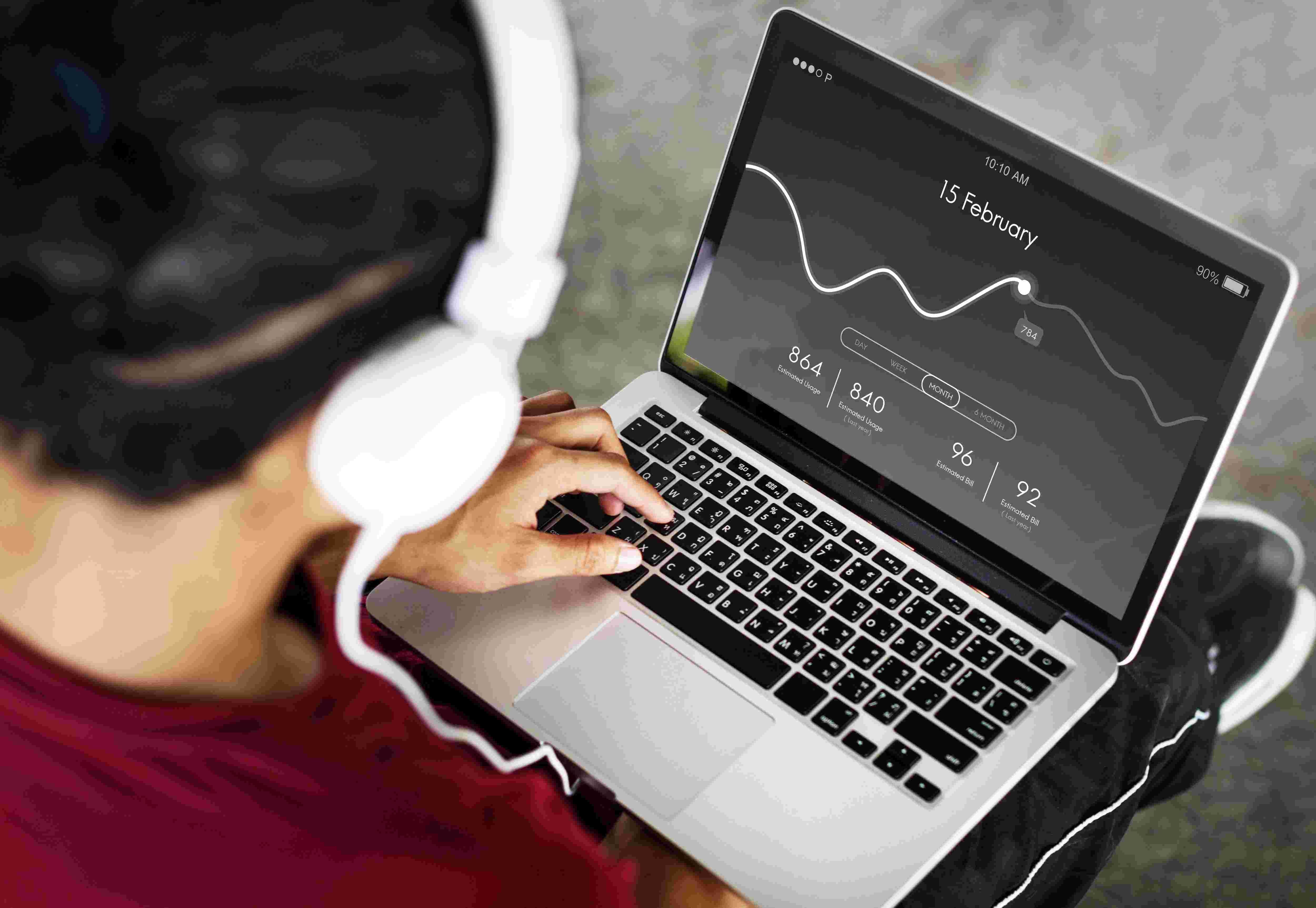Introduction:
In the realm of online education and remote assessments, ensuring academic integrity is of paramount importance. Exam proctoring software plays a crucial role in maintaining fairness and deterring cheating during online exams. One powerful component of such software is audio analysis, which involves monitoring and analyzing audio streams captured during exams to detect suspicious behavior or cheating attempts. This document presents a use case for audio analysis as part of exam proctoring software, highlighting its benefits, implementation, and potential applications in safeguarding the integrity of online assessments.

Use Case Overview
Audio analysis in exam proctoring software involves monitoring and analyzing audio streams captured from the exam taker’s environment during online assessments. By analyzing various auditory cues and patterns, the software can detect suspicious behavior, such as unauthorized communication or the use of external aids, and flag potential cheating incidents for further investigation.
Key Features and Benefits
Speech Recognition:
- The software utilizes speech recognition algorithms to transcribe and analyze spoken content during exams.
- By identifying keywords or phrases associated with cheating, such as exam questions or answers being read aloud, the software can flag suspicious audio segments for review.
Background Noise Analysis:
- Audio analysis algorithms can differentiate between ambient background noise and specific sounds indicative of cheating behavior, such as whispering or the rustling of papers.
- By monitoring changes in background noise levels and patterns, the software can detect potential instances of unauthorized communication or external assistance.
Speaker Identification:
- Advanced audio analysis techniques enable the software to identify individual speakers within the audio stream.
- By comparing speaker identities against authorized exam taker profiles, the software can detect unauthorized individuals participating in the exam or instances of impersonation.
Real-time Monitoring:
- The software provides real-time monitoring of audio streams during exams, allowing for immediate detection and response to suspicious behavior.
- Alerts and notifications can be generated automatically when potential cheating incidents are detected, enabling proctors to intervene promptly and take appropriate action.
Implementation and Integration
Seamless Integration:
- Audio analysis functionality can be seamlessly integrated into existing exam proctoring software platforms, enhancing their capabilities without disrupting the user experience.
- Integration with other proctoring features, such as video monitoring and screen recording, creates a comprehensive solution for detecting and deterring cheating during online exams.
Customization and Configuration:
- Proctoring software administrators can customize and configure audio analysis settings to suit the specific requirements and preferences of their institution or organization.
- Parameters such as keyword detection sensitivity, background noise thresholds, and speaker recognition criteria can be adjusted to optimize performance and accuracy.
Potential Applications:
Educational Institutions:
- Audio analysis can be deployed by educational institutions to monitor online exams and assessments, ensuring fairness and integrity in remote learning environments.
- From high-stakes exams to regular quizzes, the software provides a scalable solution for maintaining academic standards and preventing cheating.
Certification Programs:
- Professional certification programs and licensing exams can leverage audio analysis to safeguard the integrity of online assessments and uphold the credibility of their credentials.
- By implementing rigorous proctoring measures, certification bodies can instill confidence in the validity and reliability of their examinations.
Conclusion:
Audio analysis is a valuable tool in the arsenal of exam proctoring software, offering a sophisticated means of detecting and deterring cheating during online assessments. By analyzing audio streams captured during exams, the software can identify suspicious behavior, flag potential cheating incidents, and enable prompt intervention by proctors. As online education and remote assessments continue to proliferate, audio analysis stands as a critical technology for maintaining academic integrity and ensuring the fairness and validity of online exams.
